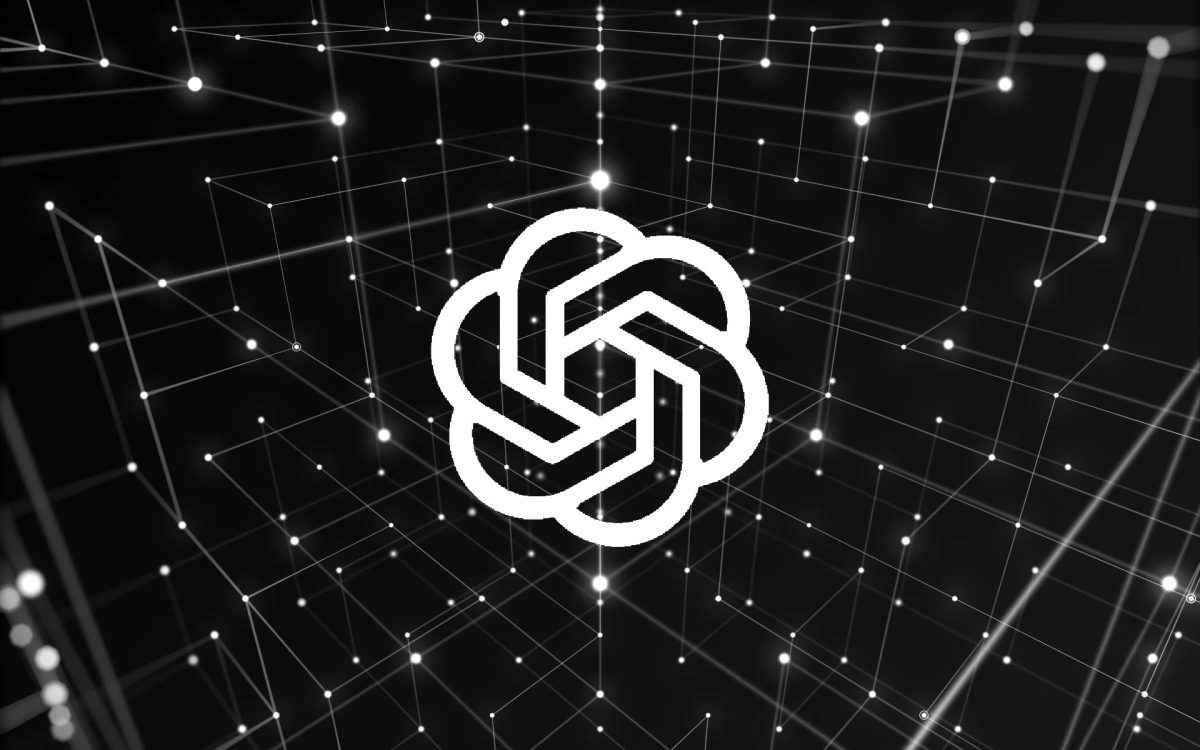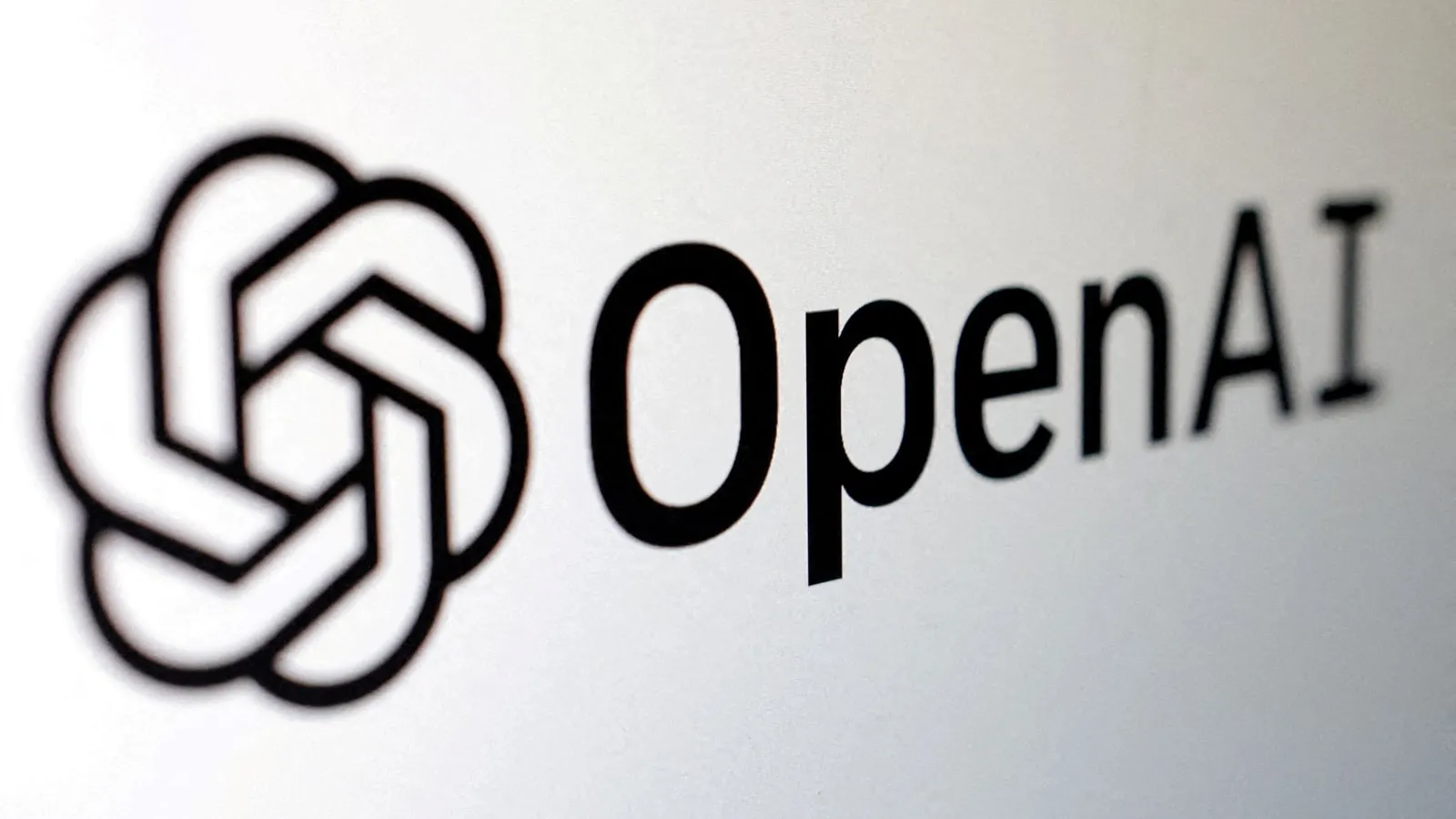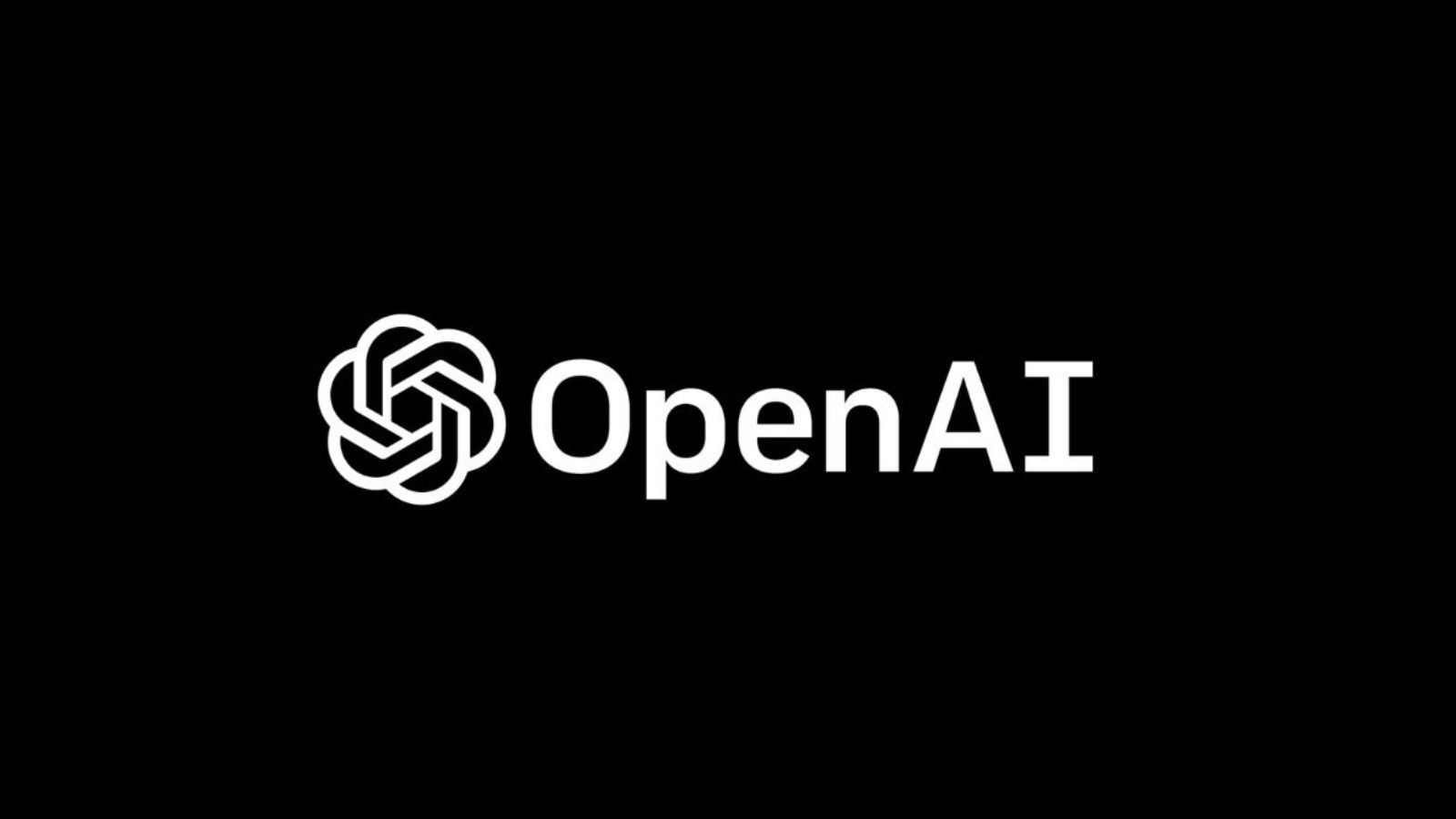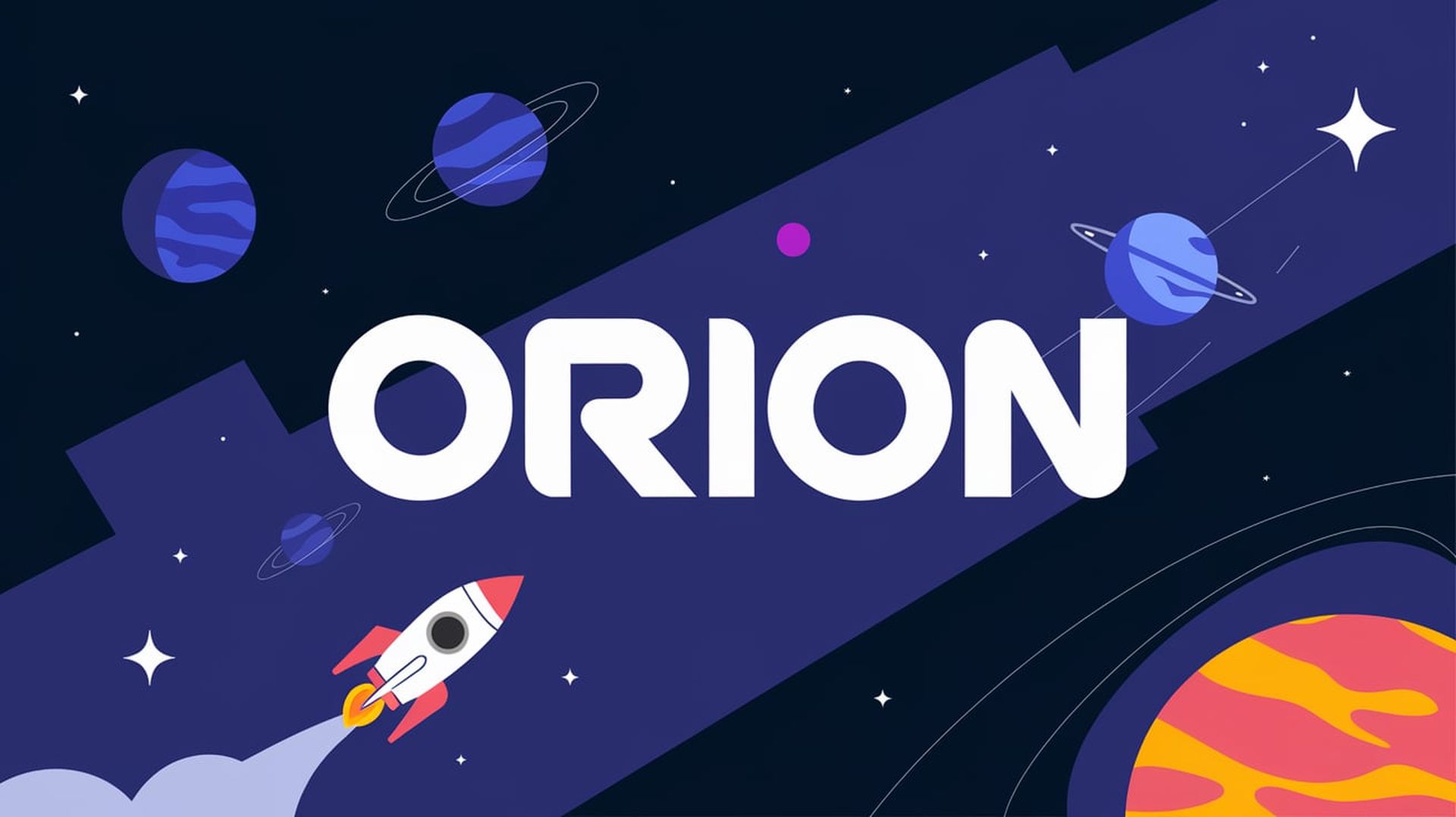In the ever-evolving realm of artificial intelligence, tech enthusiasts and industry professionals alike eagerly anticipate each new advancement. OpenAI, a frontrunner in AI research and development, has consistently pushed the boundaries of what AI can achieve with each new model release. However, a recent report from The Information suggests that the progression of AI innovation might be encountering a plateau. The details surrounding OpenAI’s latest AI model codenamed Orion, indicate a slight deceleration in the rate of improvement compared to its predecessors.

A Closer Look at Orion: Expectations Versus Reality
Orion, while surpassing the capabilities of existing models like GPT-4, has reportedly shown a lesser degree of enhancement than seen in previous generational leaps. “Employees who tested the new model reportedly found that even though its performance exceeds OpenAI’s existing models, there was less improvement than they’d seen in the jump from GPT-3 to GPT-4,” notes The Information. This observation suggests that the trajectory of AI development might be changing, adapting to new challenges and limitations in technology.

Strategic Innovations to Overcome Data Scarcity
Confronted with the diminishing returns in model enhancements and a shrinking reservoir of new training data, OpenAI has taken proactive steps to ensure the continued growth and effectiveness of its AI systems. The formation of a specialized foundations team marks a strategic pivot, focusing on innovative ways to augment the training process. Among these initiatives is the utilization of synthetic data generated by AI itself, which could open up new avenues for learning and adaptation beyond traditional data sets. Moreover, enhancing models post-training—refining AI capabilities after the initial learning phase—has become a key area of focus. This approach could potentially unlock new levels of proficiency and application for AI technologies, adapting in real time to the demands and complexities of real-world applications.

Future Outlook and Industry Implications
Despite the challenges, OpenAI remains committed to advancing the frontier of AI technology. While the company has stated, “We don’t have plans to release a model code-named Orion this year,” the groundwork laid by its research and development could significantly influence future AI capabilities, not just for OpenAI but for the industry at large. As we stand on the cusp of these technological advancements, the journey of AI continues to be one of discovery, innovation, and adaptation. The evolution of AI might be slowing, but the scope of its impact and the breadth of its applications are only set to expand. With teams like OpenAI at the helm, the future of AI remains a promising horizon filled with potential and opportunities.

The report on Orion may reflect a moment of recalibration in the fast-paced world of AI development, but it also highlights the resilience and ingenuity of organizations like OpenAI. By embracing new strategies and exploring unconventional data sources, OpenAI is setting the stage for the next generation of AI models. This not only demonstrates the organization’s commitment to overcoming obstacles but also ensures that AI technology continues to evolve, innovate, and serve as a transformative force in various sectors. As the AI landscape continues to unfold, the industry watches with bated breath, ready to witness the next big leap in artificial intelligence.










